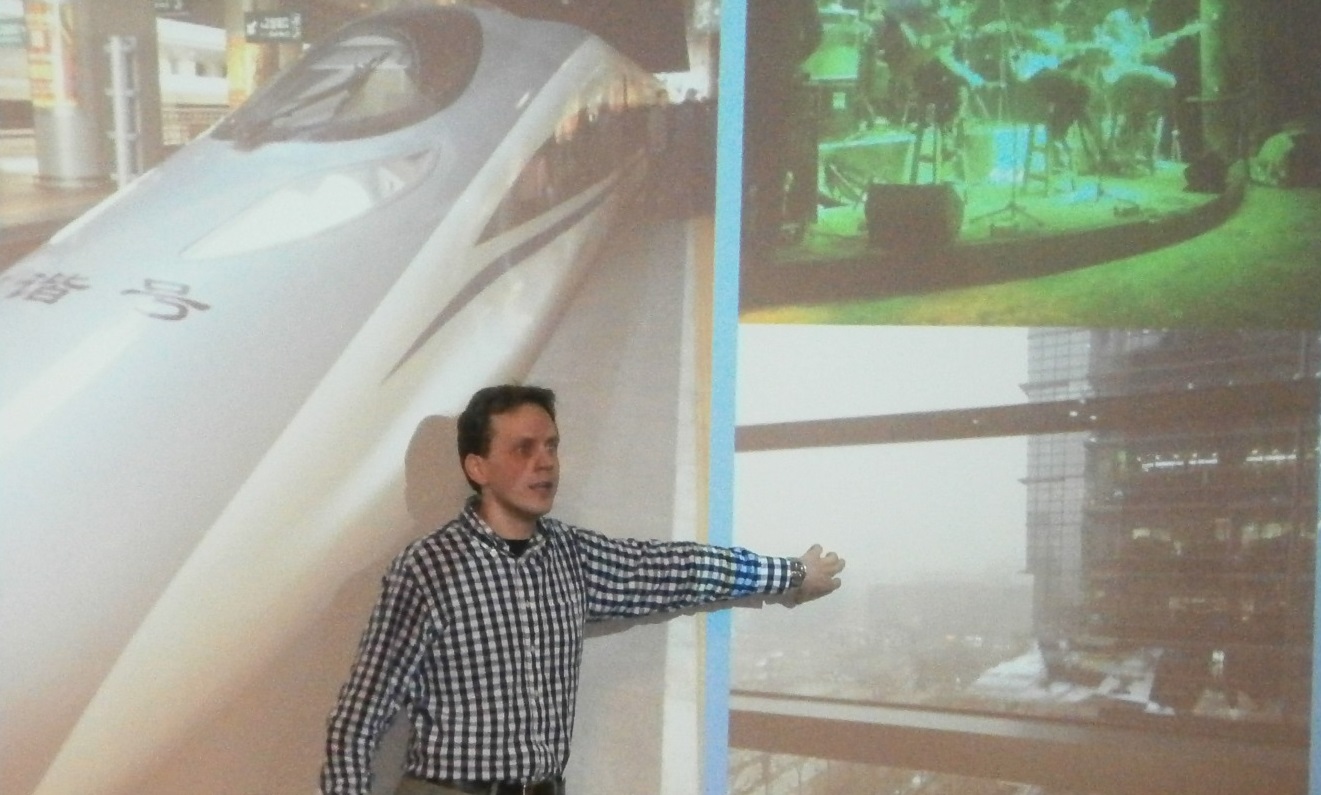As an advanced graduate student in an area studies department, I have spent many sleepless nights wondering about how my training will prepare me for professional life after graduation. Like many other PhD students, I hope to secure an academic job, ideally on the tenure track. But will those semesters studying obscure languages, regional political dynamics, and the intricacies of history really prove to be a wise investment?
Only time will tell, but I am closer to having an answer to this vexing question. I had the distinct pleasure of teaching in the Department of History at Indiana University South Bend during 2016-2017 as an IU Future Faculty Teaching Fellow and again in the Fall of 2017 as a member of the department’s associate faculty. During this time, I was responsible for designing and delivering two undergraduate courses each semester. I quickly learned that my fears were unfounded in this case. Area studies training was excellent preparation for my role as a visiting faculty member tasked to teach several world and Asian history courses.
Upon some reflection, I continually found myself designing my courses according to two principles that I believe best encapsulate what I have learned as a graduate student in an area studies program. First, history, culture, language, and all fields of human activity are inextricably linked—it is extremely difficult to isolate one from the other when teaching undergraduates. Second, explaining these linkages is a critical step in helping students create a meaningful framework for understanding the experiences and worldviews of people who—whether due to differences in time, space, or both—are very different from themselves. Taken together, these are key ideas that students can master in order to prepare themselves to be global citizens who compete in a global marketplace. Put succinctly, an area studies perspective has much to contribute to undergraduate education even when area studies departments or programs are underdeveloped or nonexistent.
In addition to adopting these two foundational concepts, I found ample opportunities to incorporate my expertise in Central Eurasian Studies. Students frequently surprised me, and I found that my students reacted positively to learning about China’s multi-ethnic peripheral regions. Indeed, rather than avoiding topics that I feared were too obscure, students took a keen interest in learning about the Dalai Lama, relating to the struggles of Mongolian herders, and studying Uyghur nationalism. A chance encounter with these topics encouraged one of my students to continue a research project across two semesters.
Support from the IAUNRC further enriched my classroom instruction and campus activities. The IAUNRC helped arrange real time virtual classroom visits on several occasions that allowed my students to interact with experts from the Bloomington campus in real time. These interactions allowed my students to see that their knowledge mattered outside my classroom and enabled them to apply their newfound expertise to support an informed conversation. In addition, I also had the opportunity to bring IAUNRC affiliated faculty and advanced graduate students to campus, so students could gain additional insight from interacting with regional specialists. Finally, the IAUNRC also promoted campus and community cultural diversity by helping arrange for students and faculty from Bloomington to participate in the campus Asian Heritage Month Celebration.
The IAUNRC provides valuable support for teaching and internationalization, even at smaller campuses, through its support for graduate instruction, research, and outreach activities.


